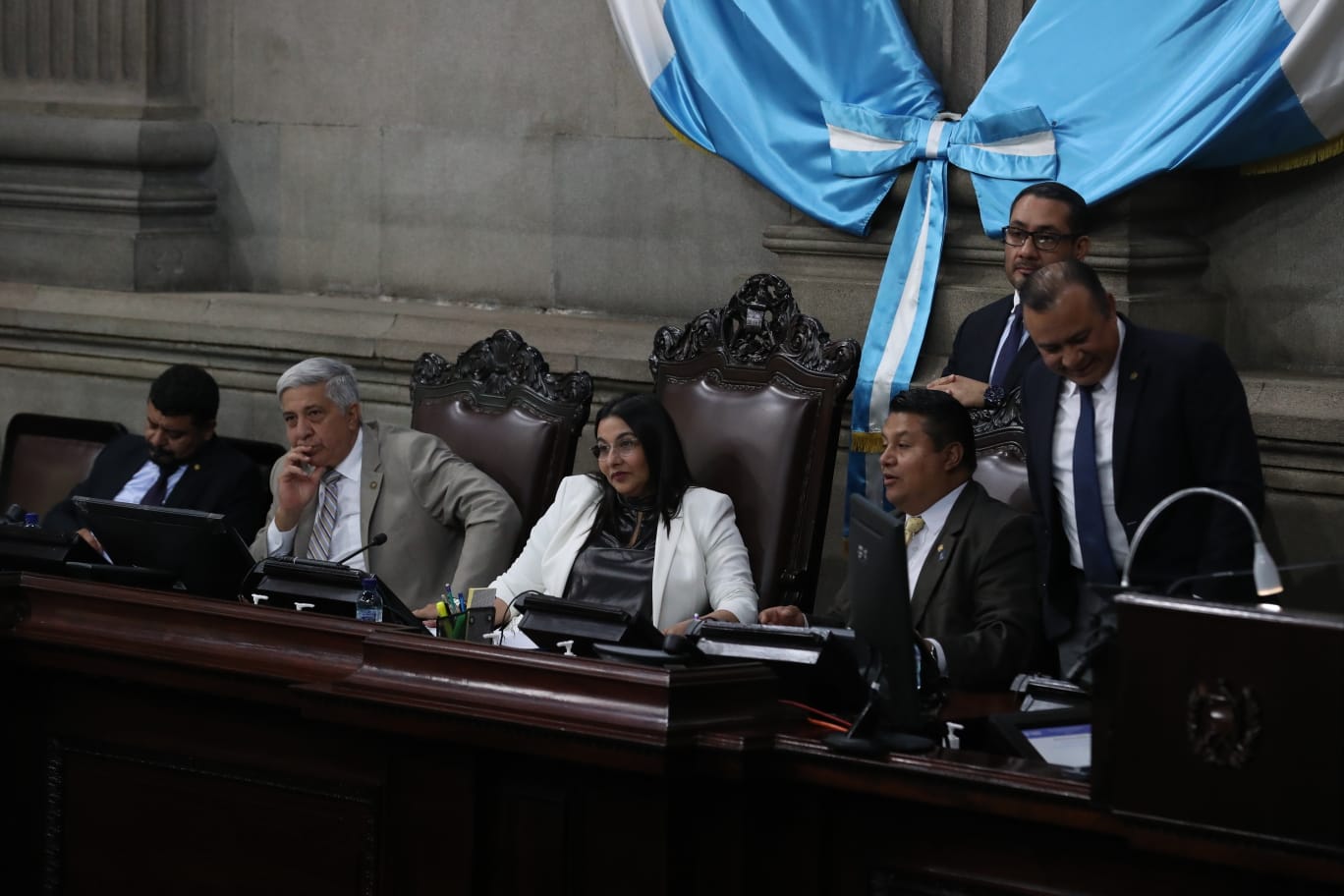Global Courant 2023-04-20 16:00:54
Congress postponed the final approval of the presidential pardon due to lack of a quorum, with which several pro-government blocs insist that the death penalty will be reactivated.
While this initiative is being debated in Congress, outside, several candidates promote capital punishment in their electoral offer to combat insecurity.
The initiative, which is pending its approval in the wrong wording, regulates the legal procedure so that a person sentenced to death can request a pardon from the President of the Republic, as a last resort before applying the death penalty.
Although for the law’s speakers, regulating the presidential pardon is the only thing missing to apply the death penalty, experts in Criminal and Constitutional Law divide their criteria in relation to the legality of the maximum penalty.
Where the legal criteria coincide is that approving the presidential pardon would not mean immediately applying the death penalty.
split criteria
The death penalty is in force in Article 18 of the Political Constitution of the Republic of Guatemala. However, in 2016 and 2017, the CC declared the catalog of crimes to apply the death penalty unconstitutional, according to the resolutions included in files 1097-2015 and 5986-2016.
The crimes that still allowed the death penalty, even before the constitutional rulings, were charges of murder, parricide, extrajudicial execution, plagiarism or kidnapping, torture followed by death or serious damage to health, forced disappearance, assassination and the contents in the Law against Drug Activity.
Some lawyers say the current death penalty could be a deterrent to crime; Others assure that there is no legal path that allows the penalty to be applied and that it is a hoax for electoral purposes.
can be applied
Carlos Molina Mencos, constituent, recalled that when the current Constitution was being created, it was he who insisted on maintaining capital punishment.
The constituent considers that the measure can serve as a deterrent, since the execution of certain crimes could be avoided since the maximum punishment is death.
“The death penalty was always in force, and it does not violate the Pact of San José at all, because the death penalty was in force before the agreement and it never ceased to be in force, the only thing that happened was that they removed the pardon law and it could no longer be applied,” he explained.
According to Mencos, with this approval the Public Ministry (MP) could already include capital punishment for the crimes contained in the Penal Code in the conclusion stage.
He believes that the unconstitutionalities do not prevent the application of the death penalty, since there are crimes contained in the Penal Code that continue to include the death penalty among their punishments.
Among the crimes detailed in the Penal Code for the application of the death penalty and to which Molina Mencos alludes are parricide, murder, rape of children under 10 years of age, kidnapping or kidnapping, forced disappearance, and against those who murder the President or Vice President of the Republic.
“The death penalty was never abolished. The Political Constitution of the Republic recognized it and left it as part of the system, the only thing it has is that it cannot be applied to minors, over 60 years of age and to women”, highlighted the constituent.
grief is dead
Édgar Ortiz and Gabriel Orellana, experts in Constitutional Law, have a different interpretation and consider that with the approval of the pardon for the death penalty there will be no change within the justice system.
Ortiz points out that the unconstitutionalities resolved a few years ago prevent the application of the death penalty, because despite the fact that the last instance has already been created, there are no longer crimes that can be applied.
“If this law comes into force, what will happen is that there will be a process to apply the remedy of grace or pardon, but since there is no death penalty in force in the country, there will be no major task for the president,” Ortiz said.
In his reading, he stressed that with the unconstitutionalities “it will not have an impact because there are no death sentences”, and those who are convicted of the crimes to which they were applicable, “are no longer punished with the death penalty.”
Orellana has a similar reading, pointing out that the work done by the CC was practically to get ahead of any legislative practice that seeks to reactivate the death penalty.
“This left a clean table, there is currently no crime in Guatemala that is punishable by the death penalty,” according to Orellana currently in the country, “the death penalty is dead.”
campaign strategy
More than having a legal background, the experts detect a possible political intention for the next general elections, since the offer of the death penalty is usually one of the most common promises.
“It is an electoral exercise that is being carried out, and unfortunately a stoning of time and money, because it will be a monument law to the hollow from the moment that there are no crimes to apply that penalty,” said Orellana.
Ortiz, for his part, believes that the issue could serve electoral purposes, not just for one, but for several political parties. “They have seen the death penalty as a popular proposal, they see that the death penalty is accepted in the polls and they will want to give that image, I see it more in a political key than in a legal key.”
Alejandro Balsells, a constitutional lawyer, is more critical when analyzing the project and stresses that it is “absurd”, stressing that the death penalty, if it can be carried out, would have to be applied by independent judges, who at this time, he affirms they do not exist in Guatemala.
“It is a political proposal – partisan, and a politician of demagogues, because above all, if they want to apply the death penalty, they have to have impartial courts, and this Congress did not choose the Courts,” he said.
He even believes that this type of law, with the recent context, could have substantive intentions. “The fact that dozens of Guatemalans have to go into exile, and now what they are looking for is to kill them.”
Now, the Board of Directors of the Congress could re-propose the initiative for its third reading and final drafting at the instance of Block Leaders, who meet every Tuesday to prepare the proposals for the agenda of the Parliamentary Plenary.








